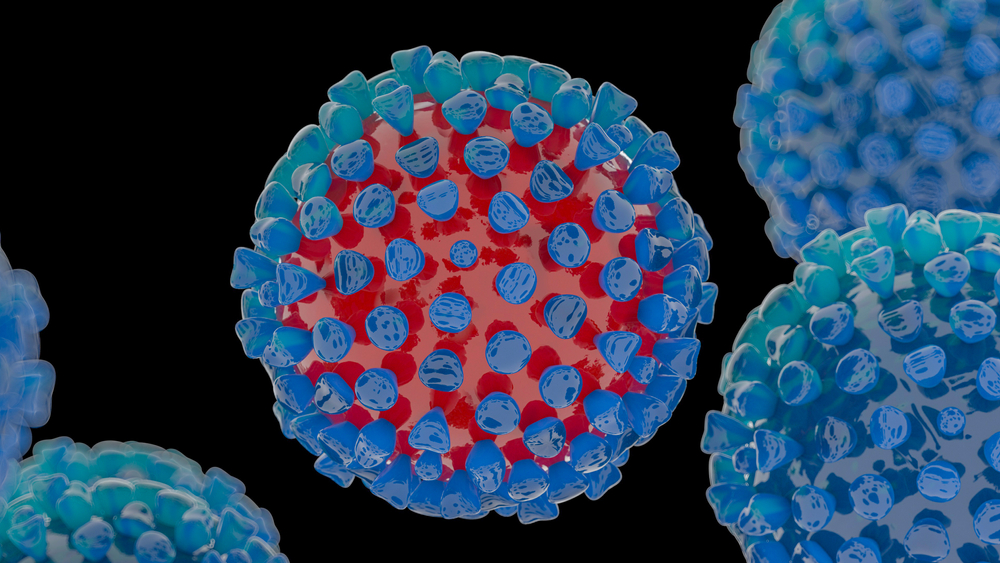HERPES SIMPLEX VIRUS 2 ANTIGEN
Herpes Simplex Virus 2 antigen is prepared from a crude lysate and partially purified by sucrose gradient ultracentrifugation.
PRODUCT DETAILS – HERPES SIMPLEX VIRUS 2 ANTIGEN
- Herpes Simplex Virus type 2 antigen is produced in mammalian cells.
- Virus particles are partially purified by sucrose gradient centrifugation then dialysed.
- Presented in PBS with 0.1% Triton x-100.
- Inactivated with 0.1% Triton x-100. Tested by passage on permissive cells for 5 days yielding no CPE.
BACKGROUND
Human herpes simplex virus (HSV), also known as human herpes virus (HHV), is a large enveloped double stranded DNA virus that belongs to the Herpesviridae family, subfamily Alphaherpesvirinae. Human HSV exists as two distinct serotypes, herpes simplex virus type -1 (HSV-1) and type -2 (HSV-2). Both HSV-1 and HSV-2 are neurotrophic viruses that invade the central nervous system (CNS), where they replicate, and have the capacity to establish a latent infection (Nicoll, MP et al).
HSV-1 and HSV-2 are primarily transmitted from human-to-human through contact with mucosal surfaces and damaged skin, which are common sites of primary HSV infection. However, the route and site of infection differs for each serotype with some reported overlap. Typically, HSV-1 is transmitted through oral-to-oral contact giving rise to infection in the lips, eyes and oropharyngeal mucosa but HSV-1 infection can also occur in the genital tract through oral-genital contact. HSV-2 tends to be sexually transmitted via contact with infected mucosa or damaged skin associated with the genital tract. In most cases, individuals infected with either HSV-1 or HSV-2 for the first time remain asymptomatic or present with painful blisters or ulcers at the site of infection.
Both HSV-1 and HSV-2 are widespread, lifelong infections. Some symptoms of infection can be alleviated using antiviral medication but currently no prophylactic vaccine exists for either HSV-1 or HSV-2 (WHO factsheet).
REFERENCES
- Nicoll, MP et al. (2012). The molecular basis of herpes simplex virus latency. FEMS Microbiol Rev.36(3): 684–705.
- World Health Organisation (WHO)– Herpes Simplex Virus factsheet

